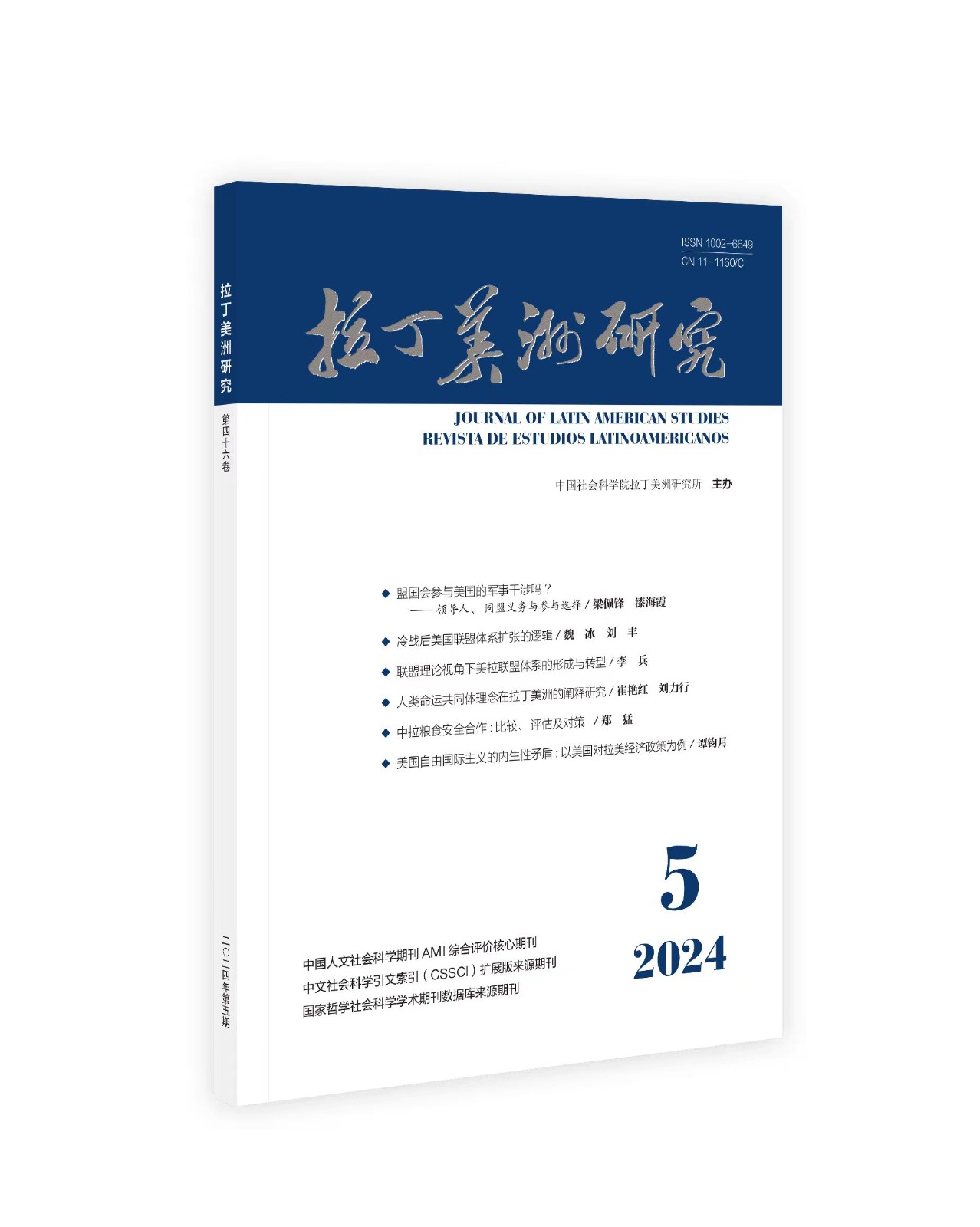‘Now I Have Found Myself, and I Am Happy’: Marta Olmos, Sex Reassignment, the Media and Mexico on a Global Stage, 1952–7
IF 0.7
2区 历史学
Q2 AREA STUDIES
引用次数: 0
Abstract
In May 1954, the story broke internationally of Marta Olmos, recipient of the first widely known, male-to-female sex reassignment conducted in Mexico. Her doctor, Rafael Sandoval Camacho, claimed that homosexuality could be cured and that, through transitions, queer Mexicans could be made into ‘socially useful’ citizens. While initially celebrated as a scientific triumph placing Mexico among elite nations, and receiving support from individuals close to the Ruiz Cortines administration, opinions soured as critics – physicians, politicians, cartoonists and clerics – condemned Marta for renouncing manhood through a fraudulent cure that threatened the binary sex/gender order underpinning Mexican nationalism. Sex reassignment, understood through foreigners including Christine Jorgensen and associated with ‘anti-social’ queer Mexicans, thus exemplified misplaced priorities during a period in which the state sought to ‘modernise patriarchy’. While self-affirming for Marta and permitted unofficially through state indifference, sex reassignment became seen as anti-Mexican. Thus, Marta's case illuminated how the state reconciled development with policing its patriarchal order.“现在我找到了自己,我很快乐”:Marta Olmos,《性重新分配》,《媒体与墨西哥在全球舞台上》,1952–7
1954年5月,Marta Olmos的故事在国际上曝光,她在墨西哥接受了第一次广为人知的男女变性手术。她的医生拉斐尔·桑多瓦尔·卡马乔(Rafael Sandoval Camacho)声称,同性恋是可以治愈的,通过转变,墨西哥酷儿可以成为“对社会有用”的公民。最初,墨西哥被誉为一个科学上的胜利,使其跻身精英国家之列,并得到了与鲁伊斯·科尔蒂内斯政府关系密切的个人的支持,但随着医生、政治家、漫画家和神职人员等评论家谴责玛尔塔通过一种欺诈性的治疗方法放弃了男子气概,这种治疗方法威胁到了支撑墨西哥民族主义的二元性/性别秩序,人们的意见也随之恶化。包括克里斯汀·约根森在内的外国人都理解变性,并将其与“反社会”的墨西哥酷儿联系在一起,因此,在国家寻求“父权制现代化”的时期,变性体现了错位的优先事项。虽然对玛尔塔的自我肯定,并通过国家的冷漠得到了非正式的允许,但变性被视为反墨西哥。因此,玛尔塔的案件揭示了国家如何协调发展与维护父权秩序。
本文章由计算机程序翻译,如有差异,请以英文原文为准。
求助全文
约1分钟内获得全文
求助全文
来源期刊

拉丁美洲研究
Multiple-
CiteScore
1.60
自引率
0.00%
发文量
3870
期刊介绍:
Journal of Latin American Studies presents recent research in the field of Latin American studies in economics, geography, politics, international relations, sociology, social anthropology, economic history and cultural history. Regular features include articles on contemporary themes, specially commissioned commentaries and an extensive section of book reviews.
 求助内容:
求助内容: 应助结果提醒方式:
应助结果提醒方式:


